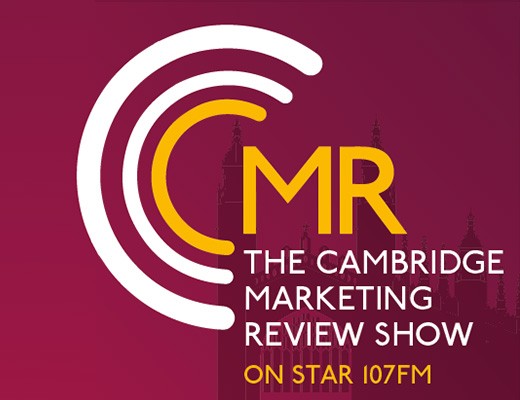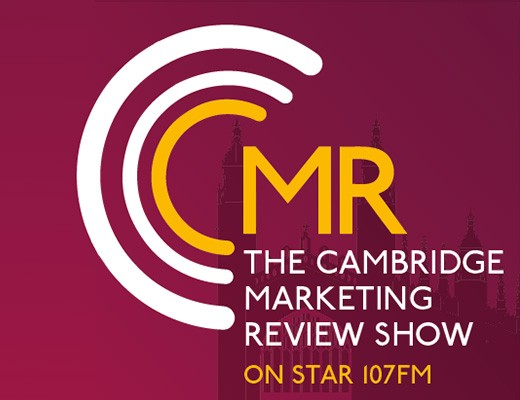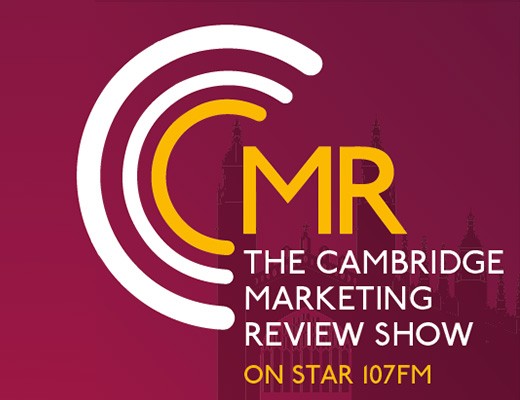Dyslexia toolkit now available
The College has created a toolkit to provide practical support and help to learners with dyslexia.
Described by the Cambridge Independent as
"It's part affirmation, part information and part solution-finder"
it was created because our Learning Styles Researcher, himself proudly dyslexic, was frustrated at the lack of information for adult learners. His passionation argument is that dyslexia is not something to 'cure' but to be celebrated.
The ebook toolkit includes tips varying from 'What to do if you are overwhelmed' to 'How to break down a written task'.
You can hear the author, Julian Berridge, explaining the toolkit on Cambridge105.



